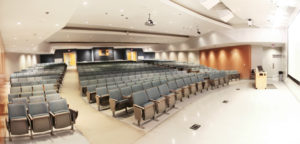
Flexibility: Where to Bend and How Much?
My recent column on teaching in troubling times mentions the need for flexibility, and one of my dear colleagues noted that the idea of flexibility needed to be fleshed out. I agree, with one of my first thoughts being I don’t think I’ve ever read













